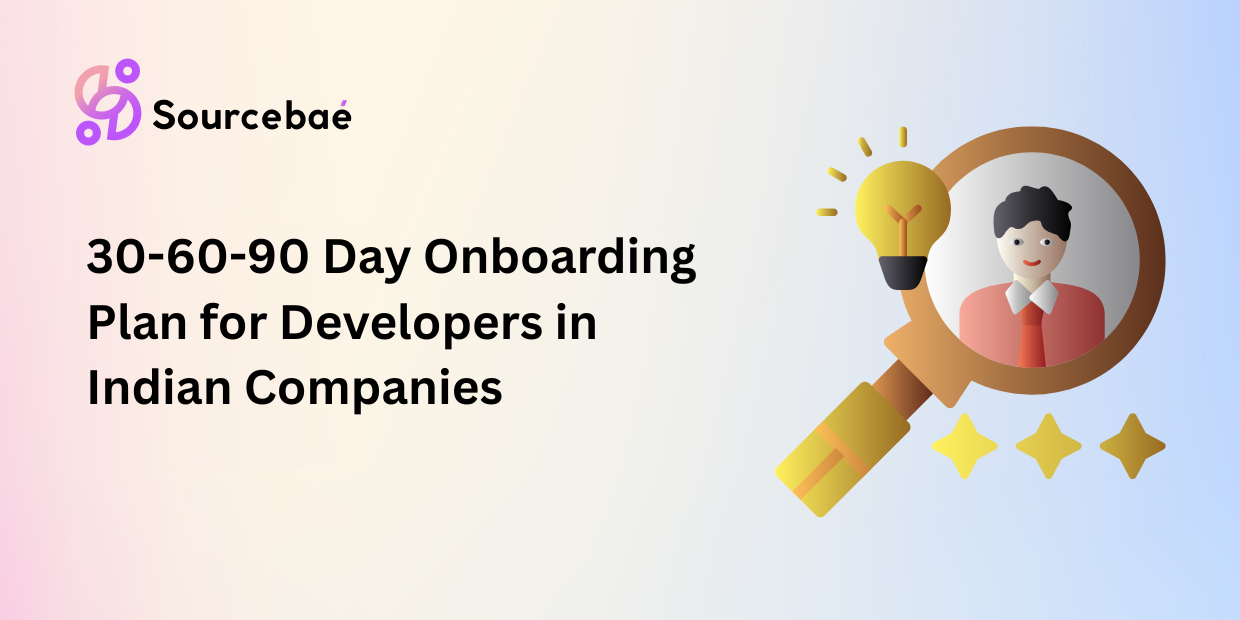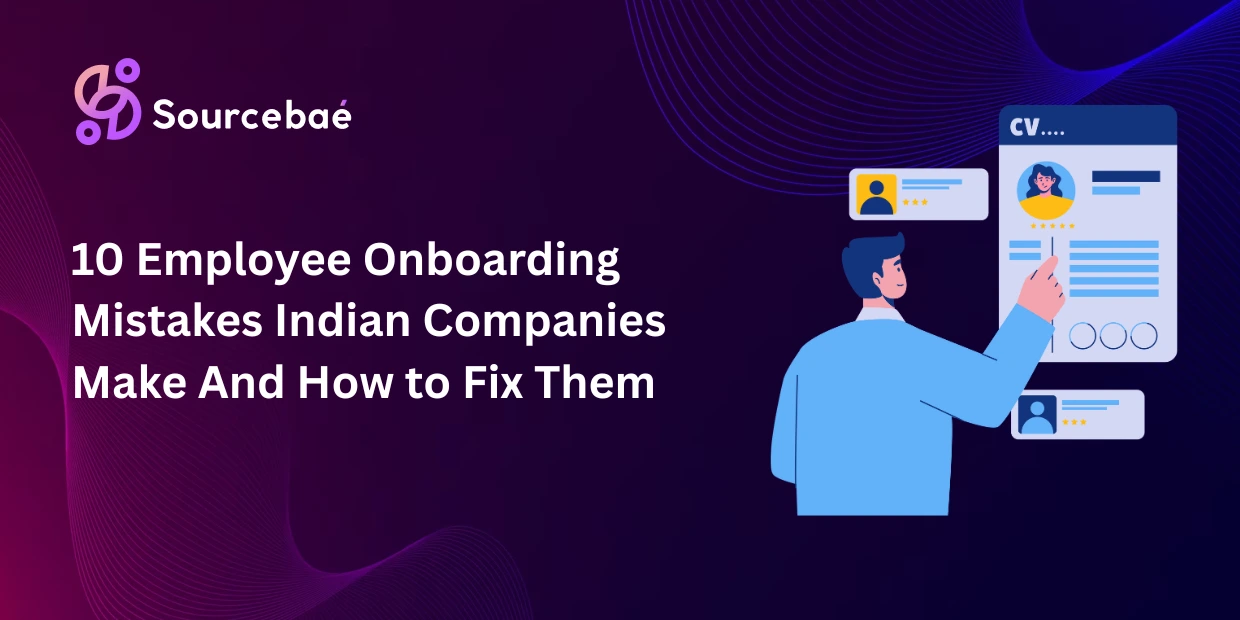Today’s evolving workplace requires a strategic approach to hiring. Organizations face significant challenges attracting the right talent amidst intense competition, evolving labor regulations, growing expectations around diversity, and rapidly shifting cultural dynamics. Ensuring fairness in hiring processes is more critical than ever. A Fair Hiring Process promotes inclusivity, fosters diversity, reduces legal risks, and boosts organizational reputation.
But what exactly does fairness in hiring entail? In this comprehensive guide, we’ll explore the key principles, benefits, practical strategies, common pitfalls, and real-world examples of creating a fair hiring process for employers and recruiters.
What Exactly is Fair Hiring?
Fair hiring is a recruitment approach that ensures equal access and opportunity to every candidate, based solely upon merit rather than personal characteristics or preferences. This process is built around direct and transparent recruitment methods, free from biases and discriminatory practices.
Key Pillars of Fair Hiring Processes
To implement fair hiring, recruiters and companies must consistently uphold the following core principles:
- Transparency: Clearly communicate hiring processes, expectations, and timelines from beginning to end.
- Non-discrimination: Eliminate any discriminatory practices or biases based on factors such as gender, age, race, ethnicity, religion, disability, or sexual orientation.
- Objectivity: Implement structured, merit-based assessments to evaluate applicants fairly.
- Inclusivity: Encourage diversity of candidates and actively create conditions where diverse candidates can thrive.
Common Misconceptions about Fair Hiring
Many organizations mistakenly believe that fair hiring forces them to sacrifice talent quality or speed of hiring. In reality, fair and inclusive recruitment strategies widen the candidate pool and lead to superior hiring outcomes without significant delays.
Importance and Benefits of a Fair Hiring Process
Improved Diversity and Inclusion
Companies prioritizing a fair hiring strategy report increased diversity, as candidates from diverse backgrounds feel encouraged to apply and are fairly evaluated. A diverse workforce is essential for innovation, creativity, and connecting with varied global markets.
Enhanced Brand Image and Employer Reputation
Employers adopting fair hiring practices are perceived as responsible, ethical, and socially conscious—qualities that genuinely attract and retain top-tier talent. Such a reputation significantly boosts a company’s overall market attractiveness.
Better Employee Retention and Reduced Turnover
Fair hiring ensures the best candidate-job matches based on objective criteria. Employees hired under such conditions experience greater job satisfaction, leading to higher retention rates and reduced turnover expenses.
Increased Productivity, Innovation, and Performance
Fair hiring contributes directly to better business outcomes. Diverse perspectives inspire innovation, promote creativity, and boost productivity in team settings.
Legal Compliance and Avoidance of Legal Risks
Fair recruitment processes ensure organizations comply with labor laws and regulations, significantly reducing costly legal disputes regarding hiring discrimination.
Key Elements of a Fair Hiring Process
1. Job Descriptions and Vacancy Announcements
- Clear, Bias-Free Language: Use neutral terminology avoiding terms associated implicitly or explicitly with age, gender, nationality, or personal background.
- Defining Essential Qualifications Clearly: Separate essential and non-essential skills and reduce unintended exclusion through unnecessary barriers.
- Inclusive Advertising: Choose platforms accessible to candidates of various backgrounds. Consider specialized diversity-focused job portals or social media platforms.
2. Transparent Recruitment Processes
- Clearly Outline Selection Criteria: List qualifications, assessment steps, required tests, and expected timelines upfront in job postings.
- Communication: Regularly update applicants to ensure transparency and build trust, making your recruitment approachable, respectful, and candidate-friendly.
3. Standardized & Structured Interviews
- Using Consistent Interview Methods: Each candidate must face the same structured questions tailored to the key skills and competencies required.
- Unconscious Bias Training: Regular training helps interviewers understand, recognize, and control their biases during interviews.
4. Objective Skills and Aptitude Assessments
- Competency-Based Evaluations: Focus recruitment around measurable capabilities and skills instead of vague qualifications.
- Technology Support: Leverage tools like online skills platforms or standardized testing software to assess candidate suitability objectively.
5. Training and Accountability for Hiring Teams
- Equal Opportunity Training: Provide ongoing education to recruitment teams on anti-discrimination policies and inclusive hiring methods.
- Establishing Accountability: Managers should take responsibility for recruitment outcomes. Incorporating incentives linked to fair hiring standards can further encourage intentionality and fairness.
6. Proactive Diversity Initiatives
- Diverse Applicant Pools: Actively sourcing diverse candidates, attending recruitment events focused on underrepresented groups, or partnerships with inclusive job portals.
- Inclusive Interview Panels: Diverse representation within interview panels reduces potential biases, creating fairer candidate assessments.
Common Barriers to Fair Hiring and How to Overcome Them
Overreliance on Informal Recruitment Methods
Using personal referrals alone limits diversity significantly. Companies should diversify sources and implement comprehensive sourcing policies.
Unconscious and Conscious Biases
Regular specialized unconscious bias training and awareness sessions effectively reduce hidden assumptions and stereotypes that impact recruitment decisions.
Lack of Policy or Clear Guidelines
Leadership must establish explicit policies detailing fair recruitment and responsible assessment criteria. Regular reviews of these policies and adherence measurements are equally important.
Resistance Within Organizational Culture
Change management strategies should actively encourage organizational buy-in. Communicate clear business cases on the value of fair recruitment practices to secure stakeholder agreement.
Real-Life Examples & Case Studies
- Google: By focusing on structured interviewing techniques and inclusive assessments, Google significantly diversified its workforce, improving innovation.
- Salesforce: Salesforce transparently declared intentions and enacted inclusive recruitment campaigns, hired diversity officers, and clearly communicated overarching diversity commitments.
- IKEA: Through clearly transparent recruitment channels, IKEA offers equal opportunities globally, employing objective, skills-based hiring methods which help increase brand value.
Checklist: Ensuring Fair Recruitment (Before, During, After)
Before Hiring
- Audit job descriptions for bias-free language
- Clearly identify essential skills and inclusive criteria
- Diversify candidate sourcing platforms
During Hiring
- Communicate with candidates transparently and timely
- Document decision-making criteria and maintain interview records consistently
- Provide structured interview scripts and train hiring staff
After Hiring
- Collect feedback regarding fairness of the process from applicants
- Continuously analyze diversity recruiting metrics
- Regular organization-wide reviews and adjustments to hiring strategies
How Sourcebae’s AI Interviewer Makes Hiring Fair, Fast & Fearless
Creating a fair hiring process sounds great on paper—but how do you actually implement it without overwhelming your recruitment team?
That’s exactly where Sourcebae’s AI Interviewer, SAIRA, comes in.
SAIRA is a human-like AI recruiter built to automate, standardize, and de-bias the interview process—making fair hiring not just possible, but practical.
Here’s how SAIRA brings the principles of fair hiring to life:
1. Structured, Bias-Free Interviews
How it helps:
SAIRA conducts structured interviews with every candidate using standardized questions—ensuring every applicant is evaluated on the same scale. No personal preferences. No mood-based judgments. Just clean, consistent conversations based on role-relevant competencies.
Fairness Impact:
- Eliminates interviewer bias
- Standardizes candidate experience
- Creates equal opportunity at scale
2. Objective Evaluation, Backed by Data
How it helps:
Every interview conducted by SAIRA is automatically analyzed and scored. The system provides data-backed report cards that include verbal and behavioral insights, scores, and interview transcripts. These can be shared across teams, making decisions transparent and reviewable.
Fairness Impact:
- Enables transparent decision-making
- Empowers merit-based shortlisting
- Prevents arbitrary or biased selections
3. Always Available, Always Consistent
How it helps:
SAIRA works 24/7—interviewing candidates across time zones, holidays, and weekends. Whether you’re hiring 5 or 500, SAIRA can handle bulk interviews without compromising on quality or fairness.
Fairness Impact:
- Gives equal access to all candidates regardless of geography or time
- Speeds up hiring without skipping quality assessments
- Makes interviews accessible to diverse applicant pools
4. Inclusive by Design
How it helps:
SAIRA is built to focus on skills and potential, not backgrounds. It doesn’t judge resumes based on university names, employment gaps, or fancy titles—it evaluates what really matters: how well the candidate can perform the job.
Fairness Impact:
- Encourages diverse applicants to apply
- Focuses on capability, not pedigree
- Helps remove systemic bias from initial screening
5. Candidate-Friendly Experience
How it helps:
SAIRA makes interviews less intimidating and more inclusive. Candidates can interview from anywhere, at their convenience. The experience is conversational, smooth, and respectful.
Fairness Impact:
- Reduces candidate anxiety
- Encourages better, authentic responses
- Promotes a positive employer brand
6. Built-in Analytics for Continuous Improvement
How it helps:
With built-in dashboards, you can track diversity metrics, see how candidates perform across rounds, and detect if any part of your process is disproportionately impacting a group.
Fairness Impact:
- Enables bias audits
- Drives accountability within hiring teams
- Helps you refine and evolve toward greater inclusivity
Final Thought: A Fair Future Starts with the Right Tools
Fair hiring isn’t about being idealistic—it’s about being intentional. SAIRA gives you the tools to be fair by design, not by chance.
Whether you’re hiring for tech roles, marketing, or support functions—SAIRA ensures that the best person for the job always gets a fair shot.
👉 Ready to see SAIRA in action?
Book a quick demo or try Now and let’s build a hiring process that’s fast, fair, and future-ready.
FAQ – Frequently Asked Questions About Fair Hiring Practices
What is unconscious bias in recruitment, and how can it be minimized?
Unconscious bias means subconscious judgments affecting recruitment decisions. Minimize it through regular bias training and standardized evaluation processes.
Is prioritizing diversity legal when hiring?
Yes, supporting diversity legally involves inclusive sourcing, but preferentially hiring less-qualified applicants solely for diversity quotas may breach laws—so follow merit-based evaluations.
How can technology support a fair hiring process?
Technology tools like objective applicant tracking systems (ATS), structured skills tests, or competency assessments enhance transparent candidate evaluation processes.
What are structured interviews, and why matter?
Structured interviews ask predefined, standardized questions ensuring equal comparison. This significantly reduces interviewer biases and increases fairness.
What recruitment practices unintentionally result in unfair outcomes?
Practices like informal referrals, biased job descriptions, unstructured interviewing, and inconsistent candidate grading unintentionally cause unfair recruitment decisions.
How do I evaluate whether the current process is fair?
Use candidate surveys, qualitative feedback, analysis of hiring trends, diversity metrics, and transparent audits of hiring policies and decisions.
Does fair hiring compromise candidate quality?
Absolutely not. Fair hiring is merit-based, ensuring talent quality while simultaneously expanding candidate opportunities and workforce composition.
Tools and Resources to Promote Fair Hiring
Consider resources such as:
- Inclusive Hiring Toolkit by Sustainable Hospitality Alliance
- EEOC’s Hiring & Recruitment Best Practices
- SHRM resources for unbiased recruitment
Regularly tap into these dependable tools to enhance your recruitment approach continually.
Conclusion: Commit to Fair, Inclusive Hiring
Building fair hiring processes is no longer optional but essential for forward-thinking employers and recruiters seeking lasting success. A commitment to fair hiring ensures company culture thrives in diversity, innovation flourishes, and productivity grows while legal risks reduce substantially. Remember, fairness is an ongoing journey, requiring organizational and personal accountability in recruitment practices continually.
Evaluate your current recruitment practices today to ensure fairness. Subscribe to leading industry groups, engage with experts, and proactively commit to fair hiring initiatives. Share your experiences developing fair hiring methodologies to foster broader industry dialogue, creating lasting, positive recruitment transformations.






